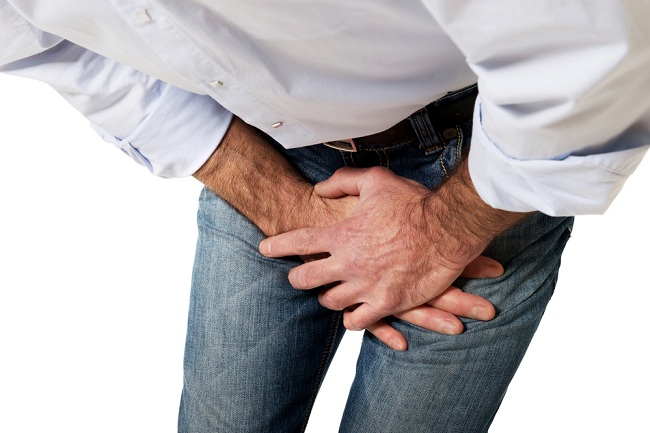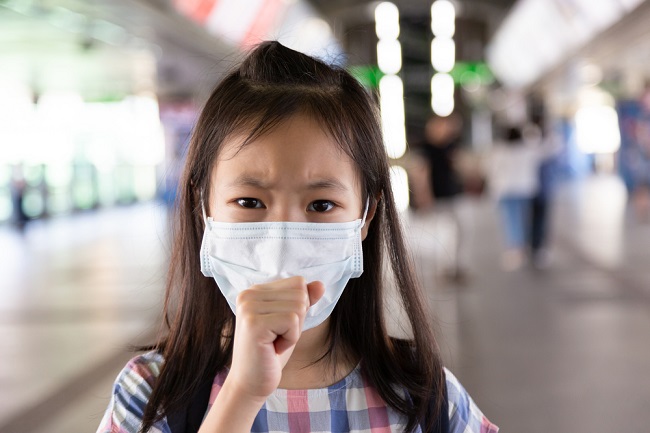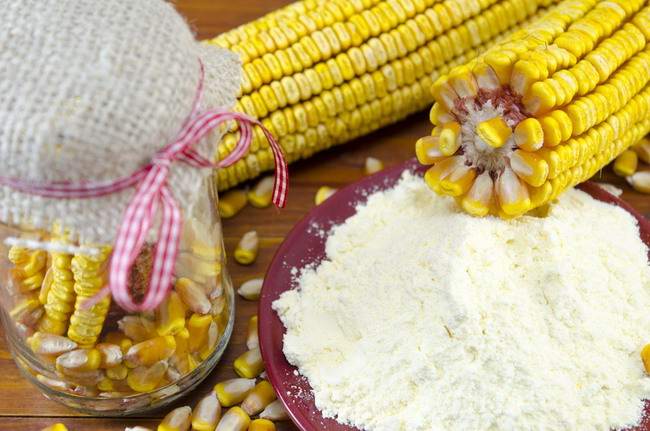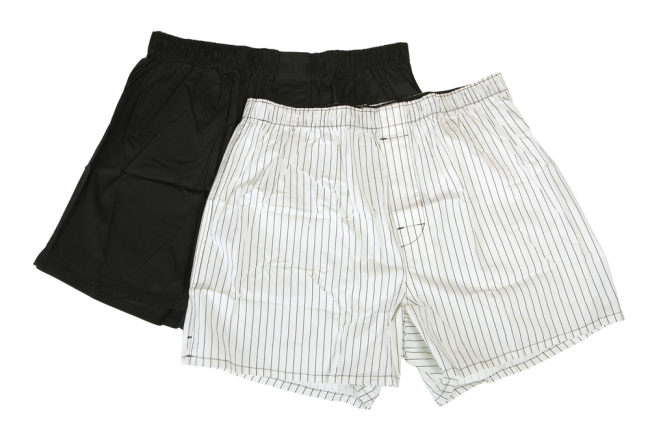Mushrooms are one of the most popular food ingredients in Indonesia. Besides being delicious to eat, mushrooms also contain a variety of nutrients that are good for health. However, can mushrooms be consumed by babies?
Mushrooms have very diverse shapes and textures. This food ingredient is easy to prepare and is often combined with other dishes, such as soups, stir-fried vegetables, or pasta. Its savory and delicious taste makes mushrooms also often used as cooking broth.

Safety of Mushroom Consumption in Babies
The joy of mushrooms can also be felt by babies, you know, Bun. Mothers can process this nutrient-rich food as a complementary food menu. However, you have to wait until your little one is 10-12 months old before serving mushrooms.
Mushrooms are rich in potassium. These nutrients can support muscle development, nourish brain nerve cells, and maintain your little one's heart rhythm. Potassium also plays a role in regulating fluid balance in the body so that it can keep blood pressure stable.
Providing complementary foods with a high-potassium diet can also reduce the risk of your little one having health problems later in life, such as kidney stones and osteoporosis.
Some types of mushrooms are also good sources of vitamin D. This vitamin has an important role in building strong bones and teeth. Vitamin D deficiency can increase the risk of developing rickets, which can cause bone growth abnormalities.
In addition to this content, mushrooms also contain good nutrients to support baby's growth and development, such as iron, selenium, and fiber.
Tips for Processing Mushrooms as MPASI
Mushrooms can easily be found in traditional markets or supermarkets. There are many types of mushrooms for sale, ranging from button mushrooms, shitake mushrooms, maitake mushrooms, oyster mushrooms, portobello mushrooms, to enoki mushrooms.
However, before buying and processing mushrooms as solid food, you need to pay attention to the following things:
- Choose mushrooms that are still intact and clean. Avoid buying mushrooms that are damp, wet, slimy, or hard.
- Wash your hands before processing mushrooms.
- Wash the mushrooms thoroughly under running water.
- Process the mushrooms by sauteing or mashing. Add olive oil, garlic and a pinch of salt for added taste.
- Make sure to cook the mushrooms until done.
- Serve mushrooms with spinach, green beans, potatoes, or other healthy foods.
- Store unprocessed mushrooms in a closed container and refrigerate for up to 5 days.
Mushrooms can be a good choice of complementary foods for baby's health. However, also make sure that you continue to give your little one other healthy foods and breast milk, so that their nutritional needs are met.
In addition, please note that mold can trigger allergies in some children. If after consuming mushrooms, your little one experiences allergy symptoms, such as rash, itching, swollen lips and face, cough, diarrhea, and difficulty breathing, immediately take him to the doctor, yes, Bun.









